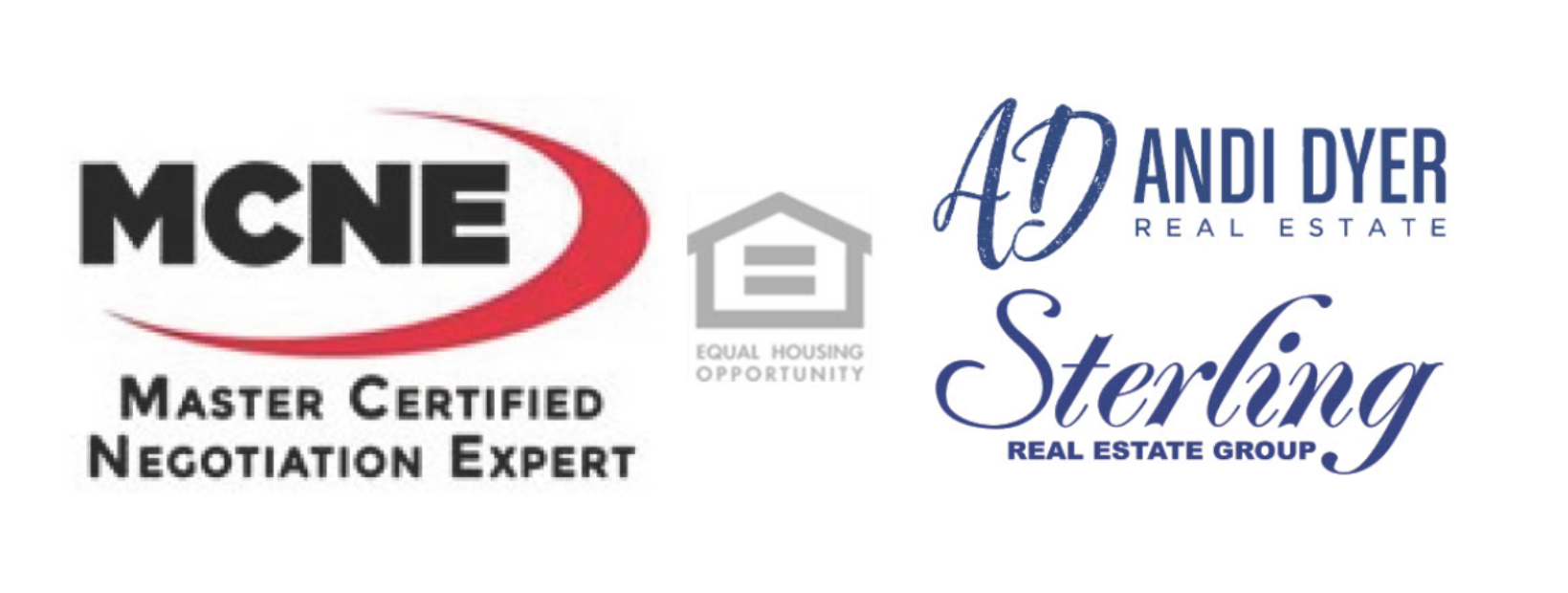Buying A House With A Friend: How To Get Started and the Pros & Cons
By: HomeFinder Staff | June 1, 2022
With sky-high real estate prices coupled with younger generations settling down with romantic partners and starting traditional families later than ever — if they even do at all ! — it’s no wonder that buying an investment property with a friend is a trend on the rise.
Citing data from Attom, the Wall Street Journal reports that the number of co-home-buyers with different last names increased by a whopping 771% between 2014 and 2021. “We split everything three ways, so it’s cheaper to live,” Amandan Scheider told NBC News about how living expenses are split up in the home she shares with her friends Kathy Keel and Stephanie Vandergrift. “If you have good friends, you have a lot in common and can pretty much hang out whenever… it’s like a permanent sleepover.”
But what does it take to actually go through the co-buying process and get to permanent sleepover status? What does co-home ownership even mean and look like? Can you get a mortgage with friends?
We’re here to answer these questions and more about how to buy a house with a friend.
Types of Ownership: Tenancy In Common vs. Joint Tenancy
In general, there are two main ways to go about buying a house with a friend: tenancy in common or joint tenancy.
Tenancy In Common
Let’s start with tenancy in common. This means that everyone with a house title has some level of ownership and, therefore, interest in the property. With the tenancy in common approach, the ownership can be divided up however you’d like. One person could own 50% of it while two people split the other 50% in half, each owning 25%.
Even with sizable differences in the interest in a property, it’s still co-owned by all of the people on the title. In this arrangement, anyone can sell or transfer their share of the property to another person at any time without co-owner approval. Naturally, this leaves owners with flexible options but also leaves major lifestyle factors outside of your control. If you co-owners decide to sell or if they pass away and their ownership transfers to their heirs, you’ll have entirely new co-owners in the mix. Just like roommates, changes can go well or they can take a turn for the worst.
Joint Tenancy
An alternative to tenancy in common is joint tenancy, which is a little more structured than tenancy in common. Under joint tenancy, all co-owners have to hold an equal share of interest in the property. With a joint tenancy arrangement, if a co-owner passes away, their share automatically passes to the surviving co-owner or co-owners.
One of the most notable differences is that, with joint tenancy, no one can sell their portion of the property without the consent of all of their co-owners. While this means a lot more agreement among co-owners, it dramatically reduces the variability and instability that can come with tenancy in common.
Finally, a joint tenancy co-owner can still transfer their interest in the property to another person, but when this happens the arrangement is automatically converted to a tenancy in common.
How joint mortgages work
Unless you and your friends are planning on paying in cash, you’re going to have to get a joint mortgage to buy a home together. Chances are this has brought up a number of questions for you. Whose credit score is used on a joint mortgage? And how many borrowers can be on a mortgage?
What is a joint mortgage?
A joint mortgage is a mortgage that multiple people get together. Joint mortgages are actually super common — this is the main route that married couples take. It’s important to note, though, that a mortgage is different from owning property together. Mortgages only cover who is responsible for loan payments and they’re not tied to the title of a property which outlines who the owner is. Every lender is different, but most limit the number of people on one mortgage to four parties.
Whose credit score is used on a joint mortgage?
When applying for a joint mortgage, all of the co-borrowers will submit everything from proof of income to credit scores, asset reserves, employment history, and more — whatever the lender needs to determine your collective eligibility for the loan.
The most important thing to note about joint mortgages, though, is that you’re likely to all be considered individually responsible for the full amount of the loan. This means that if one of your co-owners can’t or doesn’t pay their part, you’re probably going to be on the hook for it. It’s a big decision to make that requires a lot of trust and open conversations.
The pros and cons of buying an investment property with a friend
The specific pros and cons of any potential co-buying situation comes down to the individual people involved and their relationships. But in general, there are a few common upsides to buying an investment property or a home with a friend:
- You have a better chance of getting approved for a mortgage. It can be super tough to not just qualify for a mortgage solo these days, but saving enough for a decent down payment can be a challenge, too. When you’re co-buying, you have more than just your resources at your disposal.
- You can likely get into the housing market sooner. Much like getting approved for a mortgage, combining the resources of multiple people can get you into a position to buy faster than you could on your own. This means that you can convert the money you were paying in rent into an asset and, if you go the investment property route, you can start generating passive income.
As with all things, there are downsides to buying a house with a friend, too:
- You’re giving up control. When you co-buy a house with a friend, you have to be prepared to do many things together and consider the other person when you make decisions. If you and your friends are super aligned, this might not be much of an issue. But if you have less alignment than formal life partners do, the number of issues that crop up (think costly repairs) could mean a headache if you aren’t seeing eye to eye.
- It’s harder to qualify for another loan. When applying for a loan, one of the central elements that banks consider is your debt-to-income ratio or DTI. A low DTI is ideal, but when you already have a mortgage, your debt-to-income ratio increases because lenders will tend to view you as technically responsible for the full balance of the loan even if you’re splitting it with a friend.
If this sounds daunting, don’t worry! There’s certainly a lot to consider, but when it comes down to it, the only decision you have to make is what’s best and right for you.



















